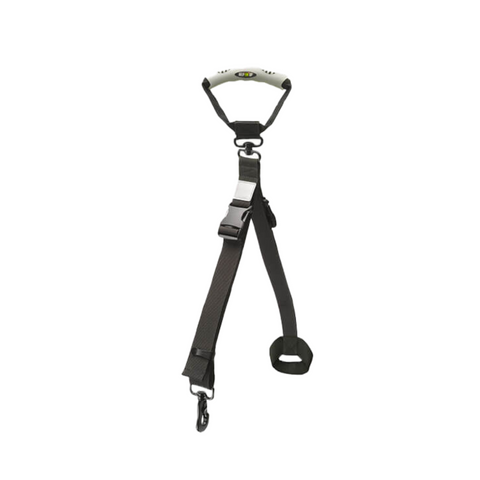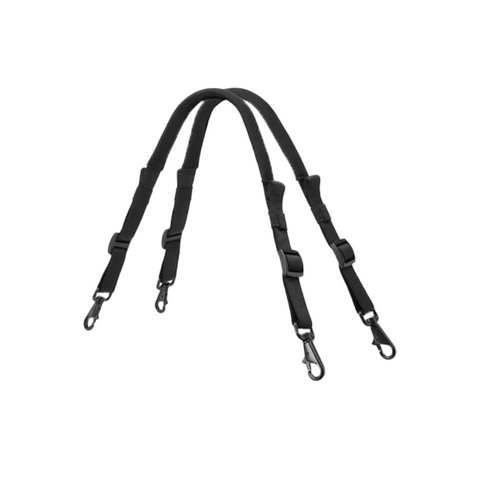If you have a small dog, he/she is probably a gorgeous dog you love with all your heart. A cute little lap dog that keeps you company and has the sweetest kisses. A canine companion that is the center of your world.
However, many small dogs have a reputation for being yappy and demanding. Some are even described as “tiny terrors” and “prima donnas”.
So, tell the truth: is your dog spoiled? Does he have some quirky behaviors you cater to? My friend has a dog who doesn’t like concrete so she carries her across sidewalks.
Small dog syndrome (SDS) is defined as a set of dominant behaviors that little dog owners tolerate since they aren’t as imposing as larger dogs. For instance, if you have a Golden Retriever who doesn’t like the feel of concrete on his feet, chances are you can’t carry him across sidewalks. Or if your small dog charges at strangers barking and growling, it would be a lot less intimidating than a Bull Mastiff charging.
If you are wondering if your dog has small dog syndrome, ask yourself: “would I tolerate this behavior in a bigger dog?” If the answer is no, this could be a mis-behavior that needs to be corrected.
Here are some signs to look for of Small Dog Syndrome:
- Who is in charge? Whether your dog is small or large, it is never good for your dog to be the one in control. Too often small dog owners let their dogs jump, bark and growl at strangers. They shrug it off as saying “Oh, he is just being protective.” Well behaved dogs – regardless of their size – do not jump on guests, bark endlessly, or growl. These are all behaviors that should be corrected. Every dog owner needs to establish themselves as the “Top Dog”, or in the absence of strong leadership, the dog will take control.
- Walking on leash. Does your dog walk on leash or drag you all around? Do you carry her everywhere? Every dog needs exercise, and walking is one of the best forms. Small dogs should learn how to walk calmly by their owner’s side slightly behind its pet parents.
- Does she stalk you while you eat? Does your pooch entice you to give her food off your plate with those begging eyes? You should never feed your dog from your plate. Giving her a treat is appropriate, but not because she is whining while you are trying to eat. That’s like putting up with a toddler tantrum at every mealtime. Dogs should eat out of their own dog bowl that is placed in a quiet place.
- Peeing all over. Some puppies are allowed to pee throughout the house which is a big no, no, especially if you are visiting other people’s houses. Although a small dog may not want to go outside when it is cold, snowing or raining, set up a place either indoors that can be instantly cleaned or outdoors in a semi-enclosed space.
The great news is that small dog syndrome is reversible no matter the age of the dog. With the right training and patience, your dog can be taught to overcome these mis-behaviors. Your trainer can give you a series of gentle yet effective correction techniques, so your dog can feel happy and secure. Training won’t change your dog’s personality. In fact, you’ll find your dog to be a lot healthier and happier in the long run.



